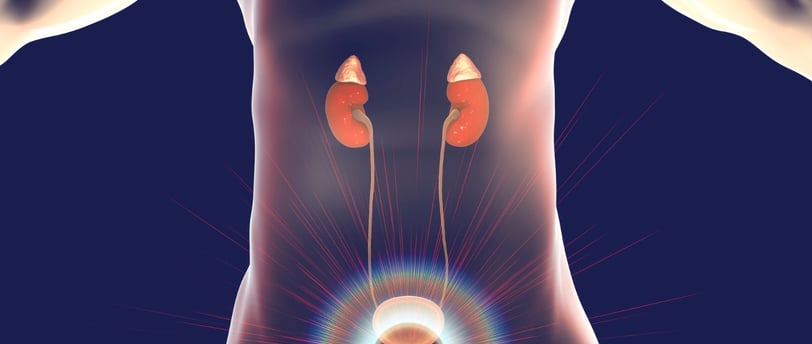Unveiling the Prostate Health Problem
Strategies for Prevention and Well-being
PROBLEMS
4/7/20162 min read


Introduction:
Prostate health is a vital aspect of overall well-being for men, and concerns related to this gland can have significant implications. This article delves into the complexities of prostate health, unveiling strategies for prevention and overall well-being.
Understanding the Prostate Health Problem:
The prostate, a small walnut-shaped gland, plays a crucial role in male reproductive health by producing seminal fluid. Issues related to prostate health commonly include prostatitis, benign prostatic hyperplasia (BPH), and prostate cancer. While these conditions are distinct, they share the same gland and can present various challenges.
Strategies for Prevention and Well-being:
1. Balanced Diet:
- A diet rich in fruits, vegetables, and whole grains provides essential nutrients and antioxidants that contribute to overall health, including prostate health. Specific foods like tomatoes, broccoli, and green tea have been associated with potential benefits for prostate health.
2. Regular Exercise:
- Physical activity is linked to a reduced risk of developing prostate-related issues. Exercise supports overall health, helps maintain a healthy weight, and may contribute to a lower risk of prostate cancer.
3. Prostate Screening and Check-ups:
- Regular check-ups, including prostate-specific antigen (PSA) blood tests and digital rectal exams, are crucial for early detection of potential issues. Proactive screening allows for timely interventions and better management of prostate health.
4. Limiting Red Meat and Dairy Intake:
- High consumption of red meat and dairy products has been associated with an increased risk of prostate cancer. Moderating intake and opting for lean protein sources can contribute to a prostate-friendly diet.
5. Maintaining a Healthy Weight:
- Obesity is linked to an increased risk of prostate issues. Maintaining a healthy weight through proper nutrition and regular exercise supports overall well-being, including prostate health.
6. Omega-3 Fatty Acids:
- Foods rich in omega-3 fatty acids, such as fatty fish (salmon, mackerel), flaxseeds, and walnuts, may have anti-inflammatory properties that could benefit prostate health. Including these foods in your diet supports a nutrient-rich approach.
7. Hydration:
- Staying well-hydrated is essential for prostate health. Adequate water intake supports overall bodily functions and may contribute to reducing the risk of urinary tract issues.
Consulting Healthcare Professionals:
While lifestyle modifications play a crucial role in prostate health, it's imperative to consult with healthcare professionals for personalized advice. They can provide insights based on individual health profiles, recommend appropriate screenings, and guide interventions tailored to specific needs.
Conclusion:
Unveiling the prostate health problem involves adopting proactive strategies for prevention and overall well-being. A holistic approach, incorporating a balanced diet, regular exercise, and proper screening, contributes to maintaining a healthy prostate. Consulting healthcare professionals ensures individualized guidance and early detection of potential issues, promoting a fulfilling and healthy life for men.
Please note: The information provided in this article is for educational and informative purposes only. It is essential to consult with healthcare professionals for personalized advice.
Important Disclaimer:
Before taking any actions, including making purchases through the links in our blog, or if you are considering any health-related activities, please read this important information. We strongly advise you to consult with specialists and medical professionals before taking any steps. Your health is of paramount importance, and the responsibility for it lies entirely with you. Remember to be responsible for yourself and your health!
Important Information | About Us | Contact Us | Privacy Policy | Terms and Conditions | 2014-2025 VirilityMastery.com All Rights Reserved ©
